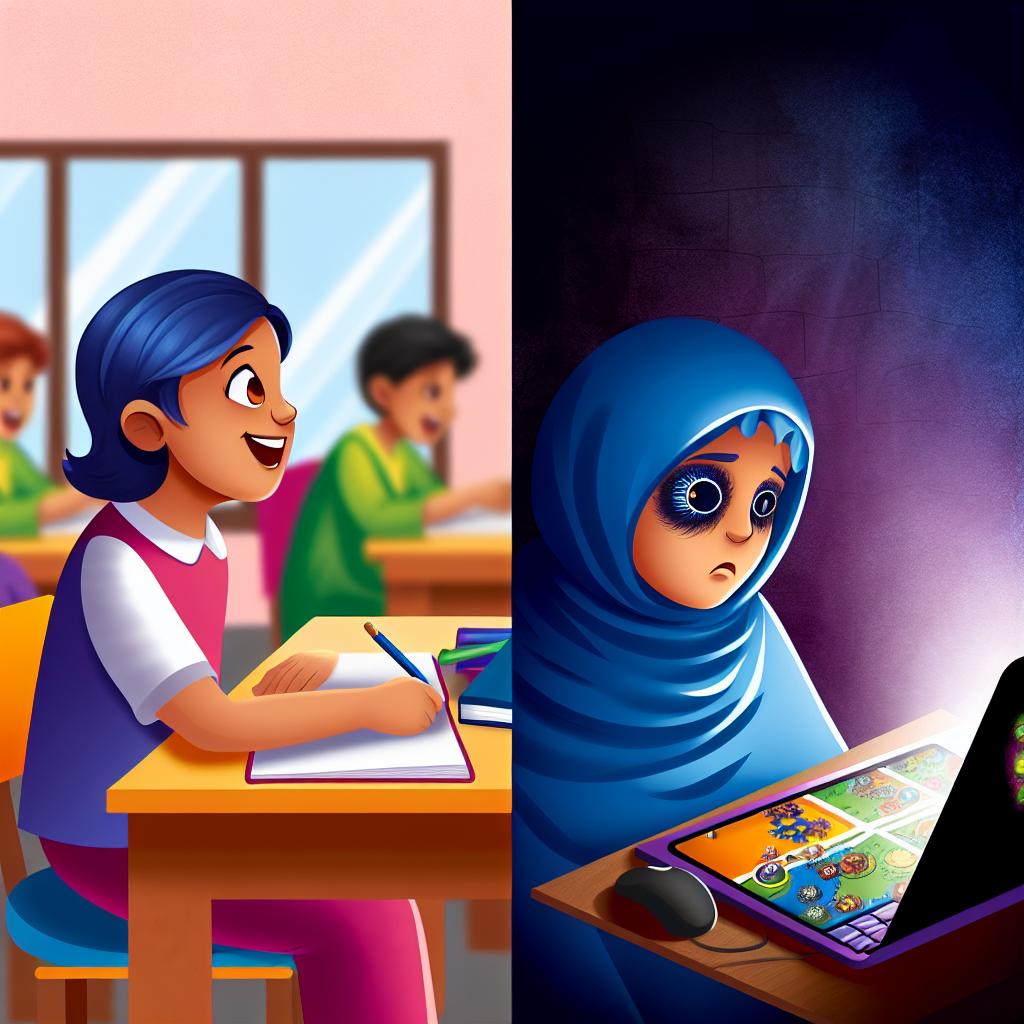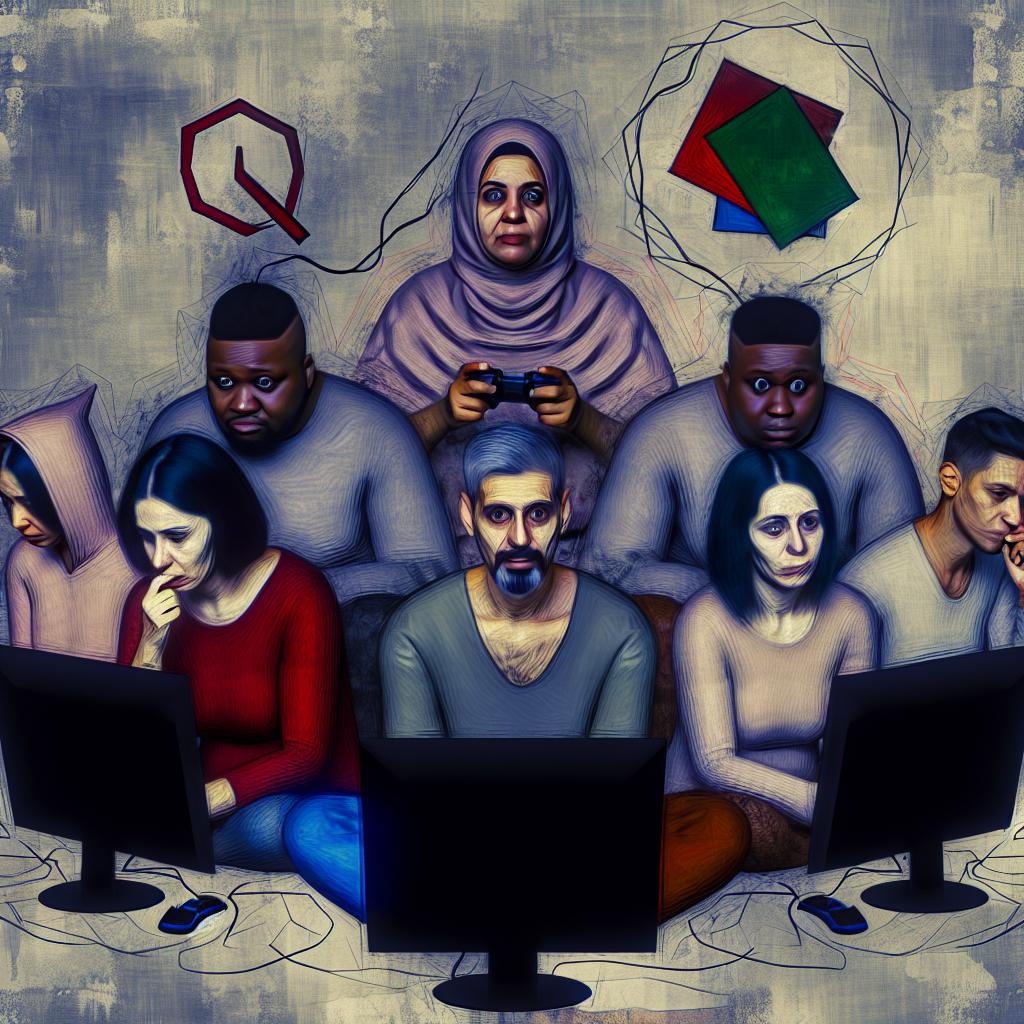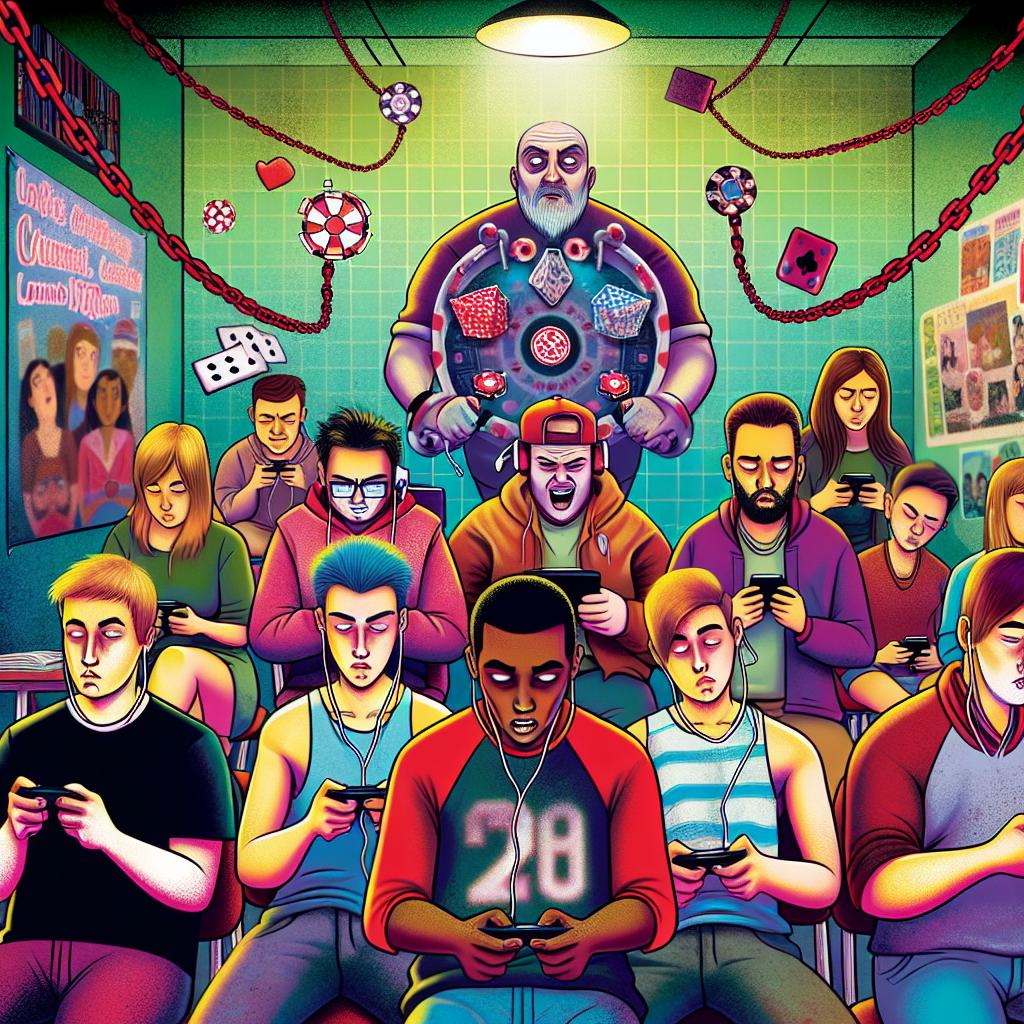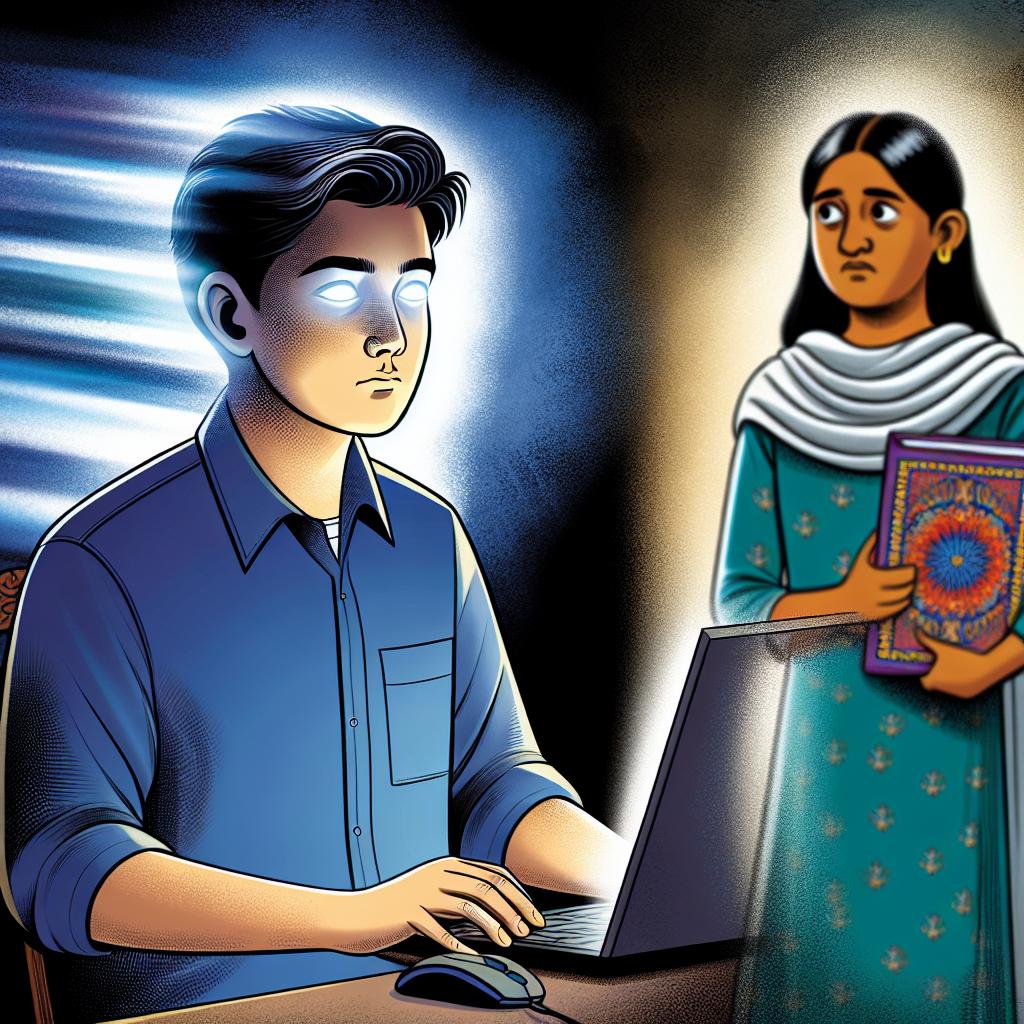Understanding Gaming Addiction
Gaming addiction, recognized as a behavioral condition, has attracted significant attention due to its considerable impact on the lives of young adults. It is characterized by persistent and recurrent engagement in video games, often resulting in adverse effects across various life domains. We will delve into the signs that suggest gaming addiction among young adults and explore the broader implications.
Excessive Gaming Time
One of the most striking and apparent signs of gaming addiction is the excessive time spent engaging with video games. Young adults may dedicate several hours daily to their gaming consoles or computers, frequently placing gaming above other critical responsibilities. This preoccupation with games often disrupts daily routines, including academics, professional obligations, and interpersonal relationships.
Academics and Work-Life Impact
The substantial time investment in gaming can have a profound impact on a young adult’s academic and work life. When gaming becomes a priority over studying or making progress at work, individuals may experience a drop in academic performance or job productivity. They may skip classes, miss deadlines, or exhibit a lack of focus during professional tasks. Over time, these patterns can severely hinder educational and career advancement.
Loss of Interest in Other Activities
An additional indicator of a potential gaming addiction is a marked loss of interest in other activities once enjoyed by the individual. Young adults addicted to gaming may find it difficult to derive pleasure from hobbies and activities that they previously found fulfilling. Social gatherings, sports, and various leisure activities may lose their appeal compared to the thrill and engagement offered by gaming experiences.
Social Disconnection
The decline in participation in varied activities can lead to social disconnection. As gaming becomes a central focus, young adults might isolate themselves from friends and family, leading to decreased face-to-face interactions. This can result in weakened relationships and a reduction in social support, which further entrenches the cycle of addiction. Maintaining social connections is crucial for emotional well-being and personal development, which might be compromised by excessive gaming.
Neglect of Personal Responsibilities
Alongside waning interests and social ties, gaming addiction often correlates with neglecting personal responsibilities. Young adults might fall short in meeting expectations related to their education, employment, or household tasks. The persistent pull of gaming can result in missed deadlines, incomplete assignments, and a noticeable decline in school or work performance. Such neglect might also lead to long-term negative outcomes, such as failing grades or job loss.
Mood Changes and Behavioral Issues
Young adults suffering from gaming addiction may display significant mood changes and behavioral issues. These individuals may show irritability, restlessness, or aggressive behavior when they are unable to access their games. Moreover, they may experience withdrawal symptoms, such as anxiety or depression, when compelled to refrain from gaming. Such mood fluctuations and behavioral problems can create challenges in managing everyday life and maintaining healthy relationships.
Interpersonal Strain
Mood swings and resistant behavior can strain personal relationships. Family members and friends might find it challenging to interact with someone whose behavior is erratic or unpredictable due to their gaming habits. This tension can manifest as conflicts, misunderstandings, or even relationship breakdowns, further isolating the individual in a self-perpetuating cycle of addiction.
Attempts to Conceal Gaming Habits
Often, individuals grappling with gaming addiction may resort to efforts aimed at concealing the level of their gaming involvement. They might play in private or react defensively when interrogated about their gaming practices. This acts as a red flag, indicating that gaming has evolved into a problematic component of their daily life.
Self-Deception and Denial
The act of hiding gaming habits often extends to self-deception and denial about the severity of the problem. Individuals may downplay the extent of their gaming or rationalize it as a harmless pastime, even when evidence suggests otherwise. Such denial can hinder self-awareness and prevent these individuals from seeking the help they need.
Escapism and Coping Mechanism
For certain young adults, gaming acts as a form of escapism or a coping mechanism for dealing with personal challenges. While seeking a temporary refuge in games is not inherently bad, heavy reliance on gaming for coping purposes can intensify existing problems and facilitate an ongoing cycle of addiction. Over time, this dependency can reduce the individual’s ability to develop effective real-world coping strategies for stress and adversity.
Psychological Implications
Using gaming as a primary coping mechanism can have significant psychological implications. The constant escape into the virtual world can prevent individuals from addressing underlying issues such as anxiety, low self-esteem, or depression. As a result, these problems might go unresolved, exacerbating the addiction and leading to a deterioration in mental health over time.
For those whose concerns about gaming addiction arise, seeking professional guidance is advisable. Detecting these signs early is essential, as it allows one to mitigate any negative effects on mental health and daily life. Professional help can provide tailored strategies to tackle gaming addiction and support individuals in regaining balance. To learn more about managing gaming addiction, resources such as the Verywell Mind website offer valuable insights into understanding and addressing this growing concern.









